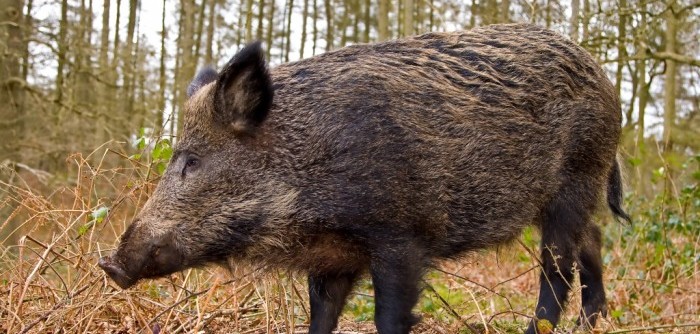A number of countries have banned imports of Swedish pork after African swine fever was discovered in wild boar for the first time in the country.
Armenia, Australia, Japan, the Philippines, Singapore, Taiwan and Ukraine have halted pork shipments from the country even though the disease has not been detected in domestic pigs, Swedish Meat Industry Association officials told AFP.
“This meat poses no danger. I think it’s unreasonable, but this is standard procedure for when African swine flu is detected,” managing director Magnus Darth told AFP.
Sweden exports around 30,000 tonnes of pig meat each year, with about half going to EU countries. The import bans are expected to lead a loss of income of 50 million kronor ($4.5 million) per year, for an industry with annual revenue of around 30 billion kronor, Mr Darth said.
Seven cases of the disease have been detected in dead wild boar near Fagersta, about145 kilometres (90 miles) northwest of Stockholm since September 6.
Swedish authorities have blocked public access to forest and wildlife areas in a 1,000-square-kilometre (386-square-mile) swathe around the zone where the infected boars were found.
It is not yet known how the infection came to Sweden, with the closest known cases found in Germany, Poland and the Baltic states, but it is strongly suspected that human spread is to blame.
“It is a long-distance jump from the nearest infected area in Europe and we therefore assume that it has been introduced through human activity and not wild boar,” Sweden’s National Veterinary Institute (SVA) said in a statement.
The discovery is a concern to neighbouring Denmark, one of Europe’s biggest pork producers, with a huge export trade accounting for almost half of Danish agricultural exports. It has said it believes that ASG will spread to the country remains low, according to AFP.




